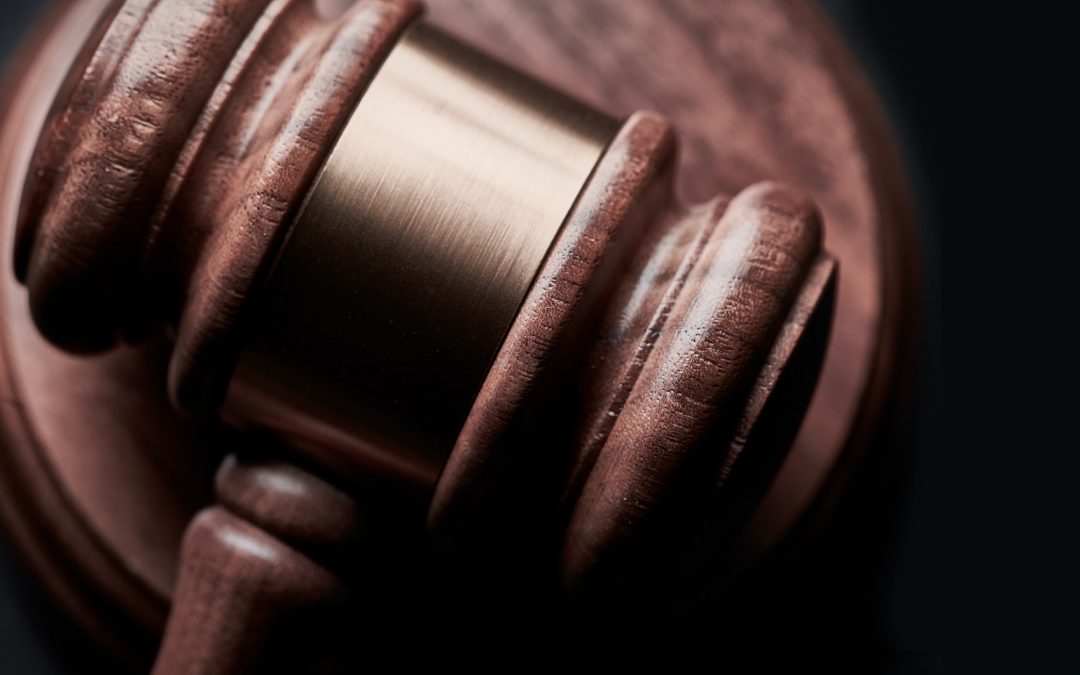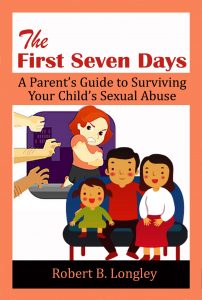
Mandatory Reporter Sometimes
Mandatory reporters of child sexual abuse is a noble concept which often falls short of the goal. In principal all educators, medical practitioners, child protective service workers and those licensed to work with children in camps,etc. are required by most state laws to report suspicion or disclosure of sexual abuse to the appropriate agency or police. There are also generally certain legal protections similar to whistle blower laws. It’s great in theory, and when it works, it works well. When it doesn’t work, well – let’s just say it’s hard to find an owner for fixing the problem.
Where was the Mandatory Reporter
Chances are that if you are dealing with the sexual abuse of a child, someone who may have been a mandatory reporter may not have fulfilled their obligation at some point during the time your child was being abused. Granted this is a somewhat speculative statement to make so broadly, and there are probably no statistics, but based on my experience I think it is probably true. The recent Jerry Sandusky sexual abuse case is a typical example. The mother of the first victim reported it to the school principal, because the contact with Jerry was coordinated through the school. What should have happened was the principal should have explained to the mother that she was a mandatory reporter and her next step was to contact either the police or child protective services (depending on state rules).
Also, because it was tied to an individual associated with a school or place of employment, a written report is generally followed up after the verbal report. Instead, the principal told the mother to go home and think about it because of who Jerry Sandusky was. There’s a lot of unspoken hints going on there. She might as well of said “who are you to question Jerry”, or “do you really think anyone will believe you?”. These are exactly the type of situations mandatory reporters are supposed to avoid. The responsibility is simple and not subject to interpretation, but it happens all the time.
In our case, the owner of the facility not only didn’t report the abuse as they should have, they sued us because they lost business as a result of us telling other parents what happened. They eventually filed bankruptcy and went out of business but it just added insult to injury.
Reporting Rules
Trying to report someone for not acting on their mandatory reporting responsibilities can be it’s own set of problems. Standards, training and reporting are generally managed by a child protective services organization. Designation as a mandatory reporter might be controlled by a department of education or a state licensing agency or some other agency all together. It’s easy enough to read about what a mandatory reporter is supposed to do. But guidance on what should happen when a mandatory reporter doesn’t report correctly is often vague or confusing to all concerned.
Several years ago the Hartford Public Schools had a program for early identification of child sexual abuse. The approach was innovative – they asked kids if they had ever been abused. The volume of abuse cases went way up, until some complained. Then staff were not allowed to ask any more. And abuse cases returned to normal levels. While we can point a finger at people like the principal in the Sandusky case, it is a case of the organization/community wanting to protect itself. Sexual abuse reports are disruptive to the natural order of things. For many, the best way to deal with a problem like this is to not deal with it it. The system fails the victim, but order is maintained.
Common Mandatory Reporter Practices
To eliminate these types of scenarios in the future, it’s important to have common practices in all states. There also needs to be uniform education requirements and certification requirements for all mandatory reporters. Signing a form and reading a pamphlet is not enough. And last there needs to be clear penalties for not acting appropriately as a mandatory reporter. As long as mandatory reporters are only reporting sometimes, there’s more work to be done.
Let us know if we can help you dealing with your family’s sexual abuse situation. For ideas to get started please check out our book on what to do during the early days after disclosure.

